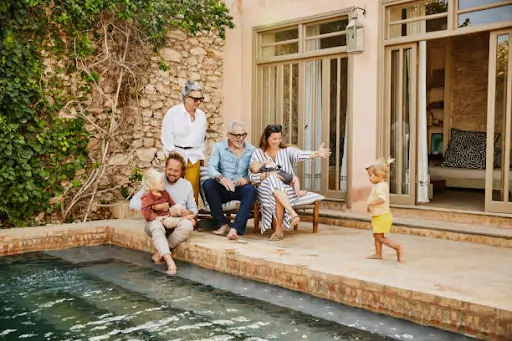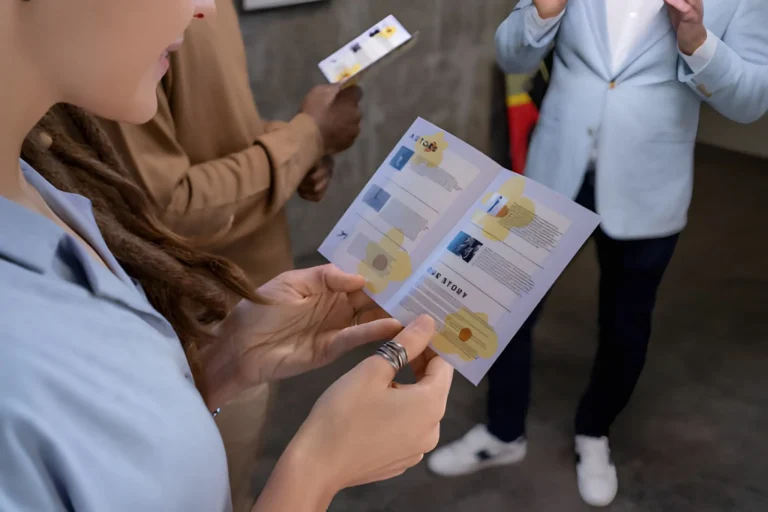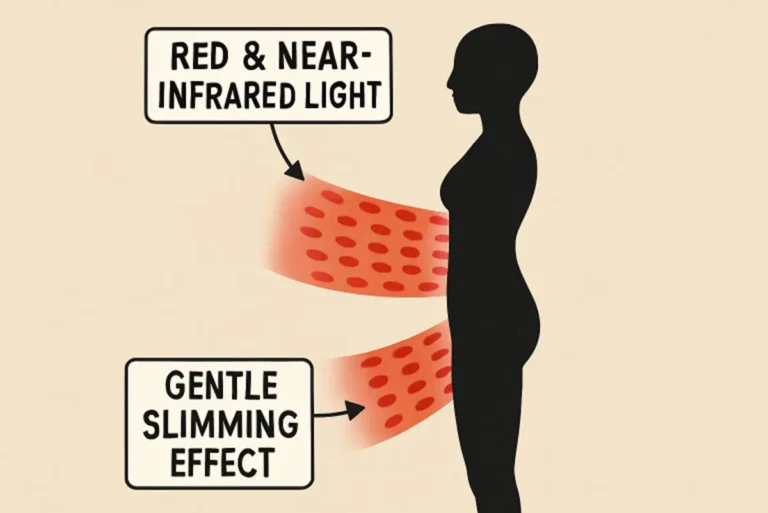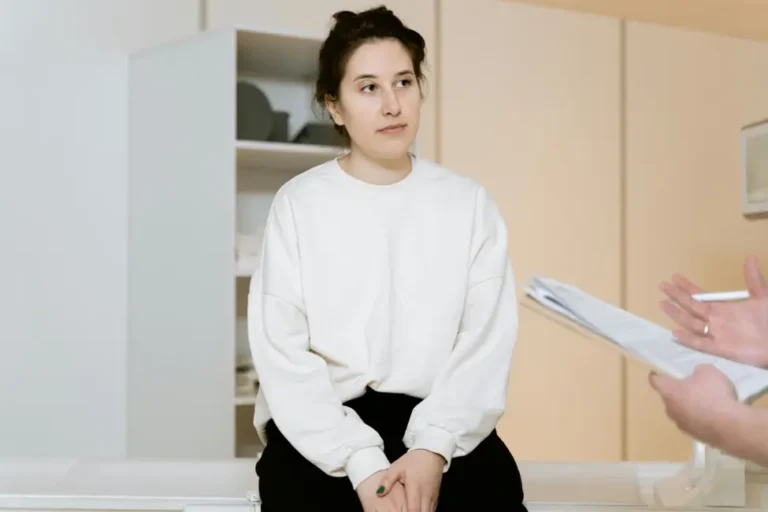Talking with Loved Ones About Donating Your Body to Science: How to Make Your Wishes Known

Few conversations feel as delicate as discussing what happens after death, yet these discussions carry profound importance for everyone involved. When you take time to share your end-of-life wishes with family members, you create a roadmap that eliminates guesswork during an already difficult time. Open dialogue about donation preferences protects your legacy while sparing loved ones from making emotionally charged decisions without guidance.
Making the choice to have your body donated to science represents a deeply personal decision that deserves clear communication with those closest to you. Medical schools, research facilities, and training programs depend on generous individuals who choose donations to advance healthcare knowledge and save future lives. When families understand your motivations and the donation process itself, they become advocates for your final wishes rather than questioning them during grief-stricken moments.
Understanding Your Values and Sharing Your Reasons
Defining Your Personal Motivations: Start by clarifying for yourself exactly why donation appeals to you, whether that involves contributing to medical breakthroughs, supporting student education, or leaving a meaningful legacy. Your reasons might include religious beliefs about service, practical concerns about funeral costs, or simple desire to help others even after death. Once you understand your own motivations clearly, you can articulate them to family members in ways that resonate with their values too.
Creating Educational Opportunities: Many people find that donation aligns with their lifelong commitment to promote education, scientific progress, or helping future generations receive better medical care. Research donations enable surgical residents to practice complex procedures safely before working on living patients. Some individuals appreciate how donation serves both practical and philosophical purposes, eliminating burial expenses while advancing human knowledge through their final contribution.
Addressing Legacy Concerns: Think about what kind of impact you want to leave behind and how donation fits into that vision for your lasting influence. Perhaps you’ve worked in healthcare, lost someone to disease, or simply believe in supporting medical advancement through direct action. Sharing these personal connections helps family members see donation not as an abstract concept but as a natural extension of your life’s values and priorities.
Practical Steps for Documentation
Completing Registration Requirements: Research donation programs accept applications from individuals who meet specific health and legal criteria, which typically include age restrictions and certain medical conditions. Most organizations provide straightforward registration forms that collect basic information, emergency contacts, and consent signatures from both you and potentially a family representative. Completing these documents while you’re healthy gives everyone involved clear instructions and legal protection for honoring your choices.
Securing Legal Consent: Beyond registration paperwork, you’ll need to execute proper legal documents that authorize donation according to your state’s anatomical gift laws and regulations. These might include advance directives, healthcare power of attorney designations, and specific anatomical gift forms recognized by medical institutions. Legal consent protects donation programs, hospitals, and your family from liability while ensuring your wishes carry enforceable weight during critical moments.
Organizing Essential Documentation: Keep all donation-related paperwork in an accessible location that family members know about, such as a clearly labeled folder in your home office or a shared digital storage system. Consider giving copies to your designated healthcare proxy, primary care physician, and the donation organization itself to prevent any delays or confusion. Some people create a simple one-page summary sheet listing contact information, document locations, and immediate action steps for family members to follow when the time comes.
What to Say and How to Handle Concerns
Choosing Your Words Carefully: Begin conversations by expressing your love and respect for family members before introducing donation as a topic you’ve been considering thoughtfully. You might say something like, “I’ve been thinking about my final arrangements, and I want to share my wishes with you because your support means everything to me.” Avoid ambiguous language or leaving room for interpretation, since clarity prevents misunderstandings during emotionally vulnerable times after your passing.
Responding to Common Objections: Family members might express concerns about religious compatibility, funeral arrangements, or feeling uncomfortable with the idea of donation itself. Listen without judgment to their worries, then address each concern with factual information about how donation programs work, what happens to remains afterward, and how families can still hold memorial services. Some relatives need time to process the information, so give them space while remaining open to ongoing dialogue about your decision.
Anticipating Questions: Prepare for questions about timing, costs, what happens to your body during the donation process, and how cremated remains will be returned to the family. Educate yourself thoroughly about your chosen program’s specific procedures so you can provide accurate answers that build confidence in your decision. When you demonstrate knowledge and thoughtfulness, family members often feel more comfortable supporting your wishes even if they wouldn’t make the same choice themselves.
Ensuring Everything Is in Place
Identifying Key Contacts: Make sure family members know exactly who to call immediately after your death, including the donation program’s 24-hour contact number and any backup organizations if you’re registered with multiple programs. Create a contact card with phone numbers, email addresses, and brief instructions that can be kept in your wallet or purse for emergencies. Time sensitivity matters significantly in donation situations, so reducing barriers to quick communication protects the viability of your gift to medical science.
Storing Documents Accessibly: Digital copies stored in cloud services provide backup protection, but physical documents in known locations offer immediate access when family members need them most urgently. Consider telling multiple trusted people where to find your donation paperwork rather than relying on just one person who might be unavailable during a crisis. Some individuals give their healthcare proxy or executor a sealed envelope containing all necessary documents and instructions to be opened only when needed.
Understanding the Process After Death: Walk family members through exactly what will happen, from the initial phone call to the donation organization through transportation, use in medical education or research, and eventual return of cremated remains. Knowing the timeline and steps involved removes mystery and anxiety from the process for everyone. When families understand that donation programs handle everything respectfully and professionally, they feel more confident about carrying out your wishes during an already stressful time.
Conclusion
Having honest conversations about donation creates clarity that brings genuine peace to both you and your family during life and after your passing. When you take time to explain your motivations, complete necessary paperwork, and ensure loved ones know exactly what to do, you transform a potentially difficult situation into a straightforward process that honors your values. If you’re considering donation as part of your end-of-life planning, start the conversation today with those who matter most and take practical steps to document your wishes clearly.
Read more: Navigating The Future: How AI Search Platforms Are Transforming Information Retrieval
Implementing Knowledge Management Software in Business Operations







